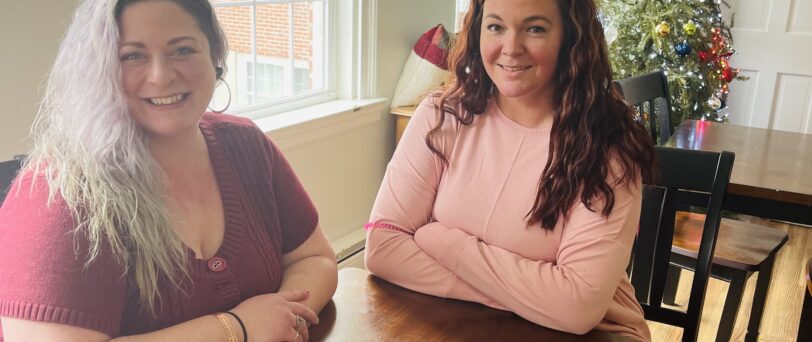Formerly offered through the Residential Treatment Services (RTS) program, The Chase Home’s Independent Living Program (ILP) is now accepting direct referrals from outside agencies and the state of NH, an important development according to staff.
“ILP was something we offered to youth aging out of the system without adequate support to live on their own, but we had to fund it entirely ourselves,” said Executive Director Meme Wheeler. “The State recognized this gap and is now funding the program as well as referring youth to it…This is a huge development.”
Available to youth, ages 18 – 21, ILP offers apartment-style living and transition services designed to help them gain life skills across all areas of their lives. “We work with youth to gain necessary life skills, such as education, job placement, driver’s license, money management, and mental health stability,” added Wheeler.
Noting it is difficult for any youth to transition to adulthood, ILP Coordinator Jyana Doran said it is “especially tough” for those aging out of the state system. “These youth often face insurmountable issues, such as unemployment, food insecurity, homelessness, incarceration, and early pregnancy, which makes their trajectory in life dim,” she said. “These issues are often faced alone.”
ILP is accredited by CARF International, an independent, nonprofit accrediting body that establishes consumer-focused standards to help organizations measure and improve the quality of their programs and services. According to Wheeler, this accreditation along with NH state certification are functionally important credentials.
“We are only one of four programs in the state accredited and certified in Independent Living Services,” she said. “The goal is to provide wrap-around support, services, and resources to prepare youth for their future as self-sufficient, confident, and positive contributors to society.”
Funding by the state of NH, however, does not mean fundraising is no longer necessary, noted Wheeler, who said the true cost of services often exceeds what is budgeted. “Technology changes rapidly in our field and we make every effort to provide our staff with the absolute best training, both of which cost money,” she explained. “Our vision is to be the change agent in the state regarding older youth in need of transition services.”
As far as ILP is concerned, Wheeler expressed optimism regarding its future. “We have plans to expand the program, offer more apartments, and do whatever we can to be the lifeline for older youth in dire circumstances,” she said. “The investments we make now will pay dividends in the future that will more than make up for the costs incurred today.”
Founded in 1877, The Chase Home in Portsmouth provides at-risk youth across the state with prevention, early intervention, residential, and community-based services. Some youth are served in the community while others live at The Chase Home.
